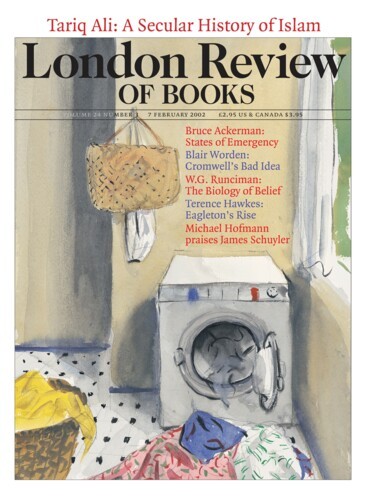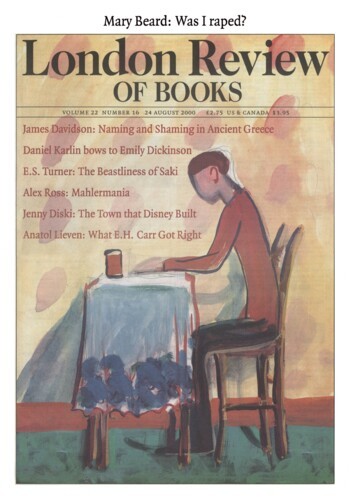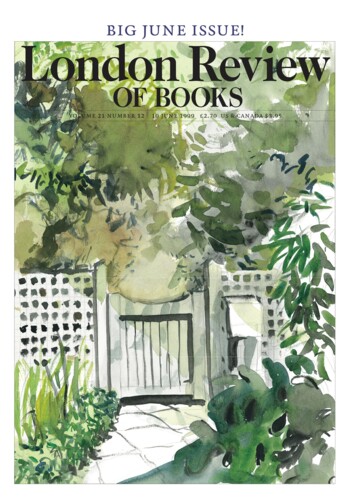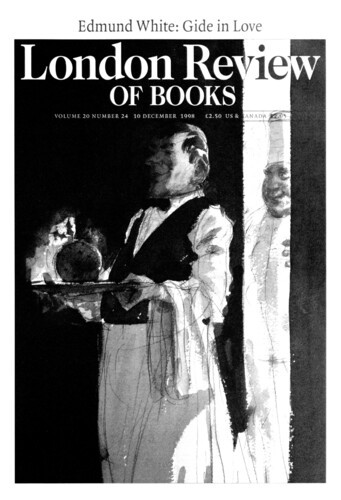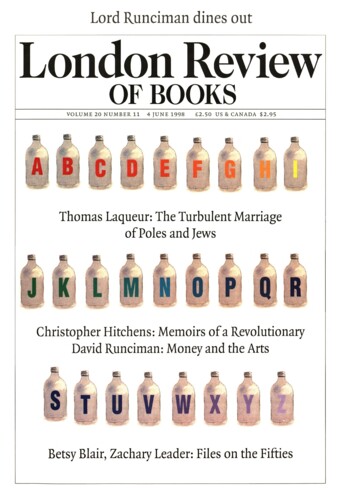Why are we here? The Biology of Belief
W.G. Runciman, 7 February 2002
Any argument about religion, whether conducted in the seminar room or the saloon bar, is likely to hit the buffers not just because people hold different religious beliefs but because they disagree about what should or should not be counted as an instance of religion in the first place. Nobody will query the inclusion of what goes on at High Mass in Notre Dame or on the prayer-mats of the...
